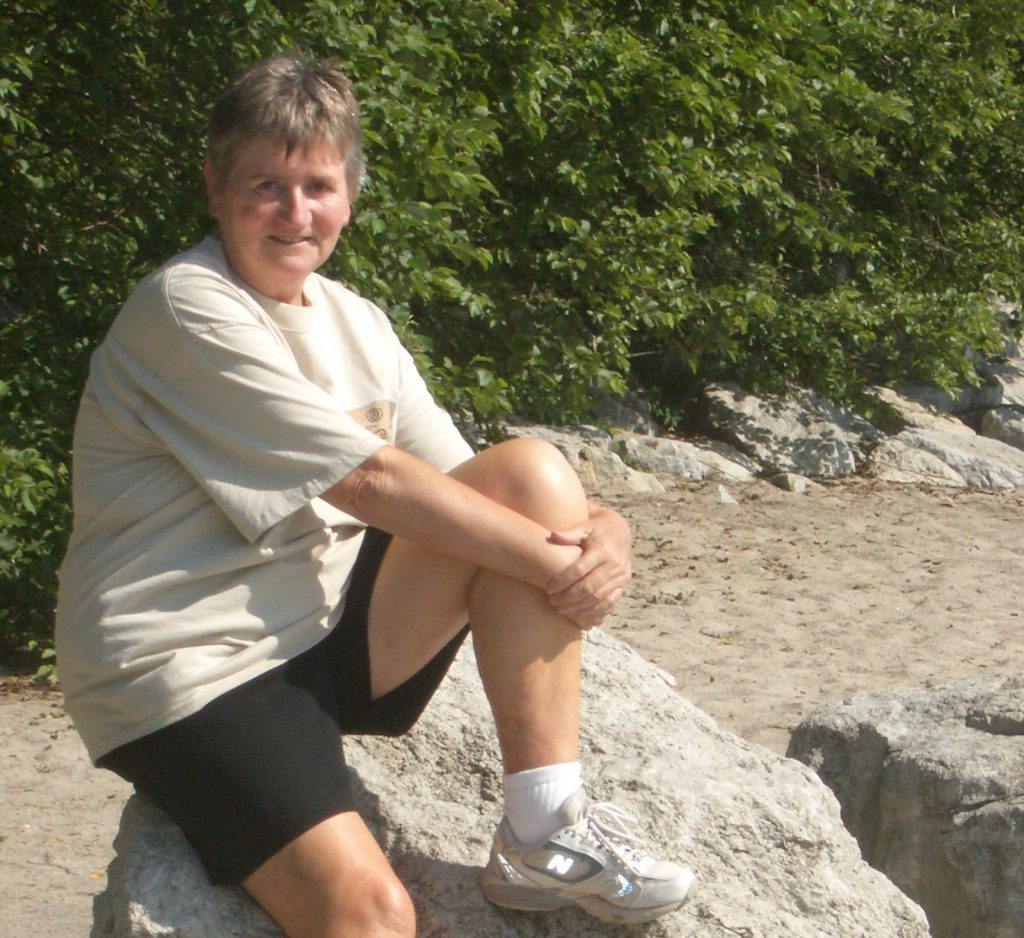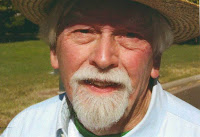This one took up a chunk of thinking time. With little trouble I can come up with many literary characters I love for many different reasons: I empathize with them, they make me laugh, they express themselves brilliantly, they make me cry. So first of all it depends whether the actual topic is a favorite character, as in one of many, or my favorite, as in one and only. I decided on the latter, which of course makes it a much more challenging pick. I next tried to get a clearer vision than my own as to the exact meaning of “literature,” but found that most definitions seem as loose, fluid, and confused as mine and so concluded it means just about anything that anyone has written, ever, about anything.
My eventual choice I find to be more than a little embarrassing. In fact coming out with it is a bit like coming out of the closet; a bit scary, unsure of acceptance. Fears of rejection or ridicule abound. I fear you expect more of me. You perhaps are awaiting the introduction of some obscure character from some equally obscure piece of writing which has rarely crossed The Pond, and in those rare cases only to lodge itself in still more obscure ivory towers of Academe. Or maybe someone extremely funny, created by Kingsley Amis or Hilaire Belloc. Or some delightful female creation out of Jane Austen or Virginia Woolf. Or someone in one of those gritty novels by Ruark or Hemingway. Or a real person writing with true courage, such as Anne Frank and Paul Monette, or authors out to change the world like Rachel Carson or Mary Pipher, who wrote a book actually titled, Writing to Change the World.
The choices are endless, and all good. But I rejected them all.
One of the problems is that my very favorite changes all the time. I read a new book and one of the characters in it becomes my favorite, but pretty soon another from yet another new book replaces him or her. My one and only very favorite, then, has to be one who has stuck with me; every time I encounter that character, it is still my favorite. If I simply remember it, it is my favorite. And I could only, then, looking at it like that, think of one. I have loved this character since my childhood, and have never lost that love. Even movie and TV portrayals have not diminished it.
And, yes, dammit, it is like coming out. So I’m not ashamed, I’m not embarrassed, I can love whoever I want, and I will not apologize for my love, nor will I deny it. I shout it from the rooftops for all the world to hear —–
MY FAVORITE LITERARY CHARACTER IS ……. WINNIE the POOH!!!
OK, OK, I’m sure it’s really my inner child that loves him, and why not? One of the many Pooh books, and I don’t know which, is the first book I remember having read to me. I cuddled on my mother’s knee and jabbed a finger and squealed at the delightful illustrations and headed off with my buddy Pooh for adventures in Hundred Acre Wood, though I’m sure I had no idea what a hundred acres would be like. (Come to that, I still don’t!) That particular book was just wonderfully illustrated, and I’m sure that’s why my inner kid fell in love with Pooh Bear.
I mean, what’s not to love in an androgynous, vaguely ursine creature of indeterminate age, whose height of ambition is to suck down the very last drop of honey in the pot and then go to sleep, and whose closest approach to an expletive is, “Oh bother!”
Pooh portrays the the very height of non-ambition, and his tiny bear-brain is certainly not very active. He trails along with his wonderfully entertaining friends, seeking a spot to nap or consume more honey or both. And his friends are all such exquisite characters, each depicted so that the reader inevitably reacts with, oh I know someone just like that! Take Tigger, for instance. He bounds and bounces and is never still for a moment. He overflows with zest and zeal, bouncing off this way and that, never thinking first, and bouncing into endless troubles. He bounces right through the ice on the lake and Pooh et al have to go to the rescue; likewise when he bounces right up into a big tree or into a raging river. His friends are tired of always having to rescue him and wish he would occasionally take time out for a little thought before taking his next big bounce. But when, in one book, Tigger loses his bounce, he just isn’t the same old Tigger they know and love, and they are all delighted when his bounce eventually returns. Now don’t we all know someone like that?
There’s Mrs. Roo, mother of Kanga. She’s the quintessential mother everyone wants for their own. Soft-spoken, never issuing a reprimand stronger than, “Oh dear!” she is always on hand with milk and fresh-baked cookies, and of course toast and honey, or just honey, for Pooh.
Then there’s Eeyore, most definitely a glass-half-empty kinda donkey. He trails dejectedly at the back of the pack and rarely intones anything more significant then, “Oh well, it doesn’t matter anyway.”
In my childhood book, the wonderful illustrations brought these and many more characters to life in a time preceding mass animation. Pooh was illustrated dozing at the bottom of page four, waking up on page five, ambling along the bottom of pages six through ten, then, having caught up with the narrative, dozing at the bottom of page eleven. Later, on page fourteen, he was depicted climbing a ladder to the top of the page fifteen where he appeared again in the story, sucked another pot of honey dry, and promptly fell asleep on line two. Meanwhile, Tigger had bounced off to page twenty, way ahead of the story, and bounded up above the top line and back down below the bottom, up and down across the page while he impatiently waited for the others to catch up with him.
I don’t know how many 21st century children read Winnie the Pooh. Maybe they play computer games or enter chat rooms instead. If so, I think they miss out on something warm and wonderful. Winnie the Pooh and his assorted anthropomorphic friends make me smile even now, and provide me with that deep warm glow inside that isn’t always easy to acquire in adulthood. I still read the books, occasionally, and still delight in them, although I do try not to jab my finger at the illustrations and squeal with joy as I once did. I also watch the animated versions of Milne’s stories on TV, because by some miracle, to me at least, they have not ruined but rather enhanced my own version of the characters. Pooh Bear has filled me with warm fuzzies for seventy years. How can he not qualify as my favorite literary character?
April 19, 2014
About the Author
I was born and raised in England. After graduation from college there, I moved to the U.S. and, having discovered Colorado, never left. I have lived in the Denver-Boulder area since 1965, working for 30 years at IBM. I married, raised four stepchildren, then got divorced after finally, in my forties, accepting myself as a lesbian. I have now been with my wonderful partner Betsy for 25 years.



